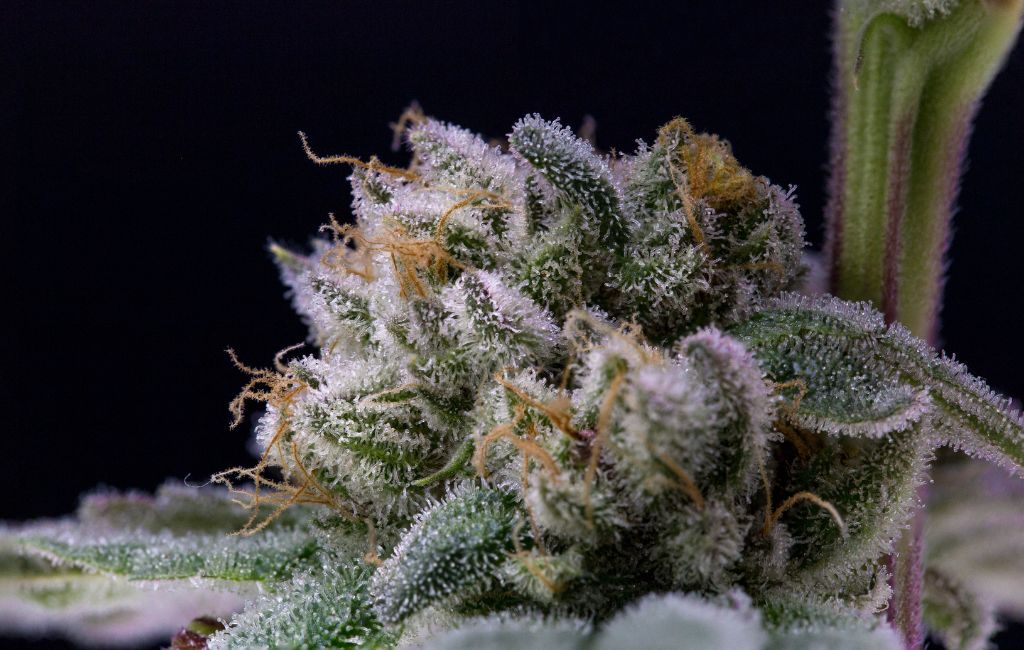The Link Between THCA and Neuroprotection: What Studies Reveal
One-Click strongest delta 9 gummies on the market Rewrite failed.
THCa Flower: The Natural Approach to Cannabis Wellness
In recent years, the cannabis industry has seen a surge in interest surrounding various cannabinoids and their potential health benefits. Among these, THCa (tetrahydrocannabinolic acid) has garnered attention for its unique properties and potential wellness applications. This article explores the benefits, uses, and scientific backing of THCa flower, offering a comprehensive look at this natural approach to cannabis wellness.
Understanding THCa
THCa is a non-psychoactive cannabinoid found in raw and live cannabis plants. Unlike THC (tetrahydrocannabinol), which is known for its psychoactive effects, THCa does not produce a “high.” This makes it an appealing option for those seeking the therapeutic benefits of cannabis without the mind-altering effects.
How THCa Works
THCa is the precursor to THC. When cannabis is heated through smoking, vaping, or cooking, THCa undergoes decarboxylation, converting into THC. In its raw form, THCa interacts with the body’s endocannabinoid system, potentially offering various health benefits.
Potential Health Benefits of THCa
Research into THCa is still in its early stages, but preliminary studies and anecdotal evidence suggest several potential health benefits:
- Anti-inflammatory Properties: THCa may help reduce inflammation, making it a potential option for conditions like arthritis and inflammatory bowel disease.
- Neuroprotective Effects: Some studies indicate that THCa could have neuroprotective properties, which might be beneficial for neurodegenerative diseases such as Alzheimer’s and Parkinson’s.
- Anti-emetic Effects: THCa has shown promise in reducing nausea and vomiting, which could be helpful for patients undergoing chemotherapy or those with chronic conditions.
- Antioxidant Properties: THCa may act as an antioxidant, helping to protect cells from damage caused by free radicals.
Case Studies and Research
Several case studies and research efforts have highlighted the potential of THCa:
Case Study: THCa and Epilepsy
A notable case involves a young girl with severe epilepsy who experienced significant reductions in seizure frequency after incorporating THCa into her treatment regimen. This case has spurred further research into THCa’s potential as an anti-epileptic agent.
Research on THCa’s Anti-inflammatory Effects
A study published in the “Journal of Pharmacology and Experimental Therapeutics” found that THCa exhibited anti-inflammatory properties in animal models. This research supports the potential use of THCa for inflammatory conditions.
How to Use THCa Flower
THCa flower can be consumed in various ways to harness its potential benefits:
- Raw Consumption: Consuming raw cannabis leaves or flowers in smoothies or salads preserves THCa in its natural form.
- Juicing: Juicing raw cannabis is another method to intake THCa without decarboxylation.
- Tinctures and Oils: THCa tinctures and oils can be added to food or taken sublingually for easy consumption.
- Topicals: THCa-infused creams and balms can be applied directly to the skin for localized relief.
Legal Considerations
The legal status of THCa varies by region. In some areas, THCa is considered legal as long as it is not decarboxylated into THC. It’s important to check local regulations before purchasing or using THCa products.
Consumer Experiences
Many consumers have reported positive experiences with THCa flower:
- Chronic Pain Relief: Users have noted significant pain reduction without the psychoactive effects associated with THC.
- Improved Sleep: Some individuals have found that THCa helps improve sleep quality and duration.
- Enhanced Mood: Anecdotal evidence suggests that THCa may help improve mood and reduce anxiety.
Future Directions
As research into THCa continues, its potential applications in wellness and medicine are likely to expand. Ongoing studies aim to better understand its mechanisms and efficacy, paving the way for new therapeutic uses.
Conclusion
THCa flower represents a promising natural approach to cannabis wellness. With its non-psychoactive properties and potential health benefits, it offers an appealing option for those seeking alternative treatments. As research progresses, the full scope of THCa’s therapeutic potential will become clearer, potentially revolutionizing the way we approach cannabis-based wellness.
